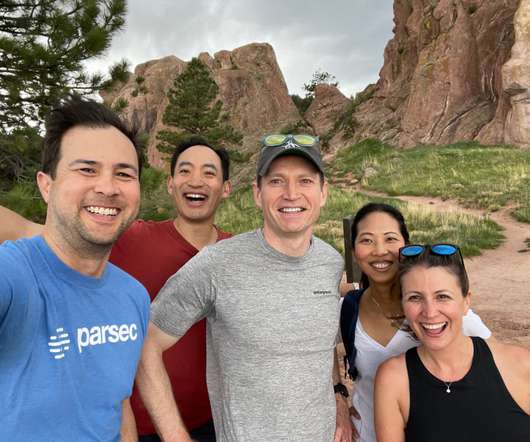The Next Chapter for NextView
View from Seed
OCTOBER 11, 2022
As someone who has seen multiple companies go from concept to $1B scale (and IPO), her experience and insight will be invaluable to the founders we work with. Almost all of this increase came from our existing Limited Partners, with a small portion that was made available to new LPs.












Let's personalize your content